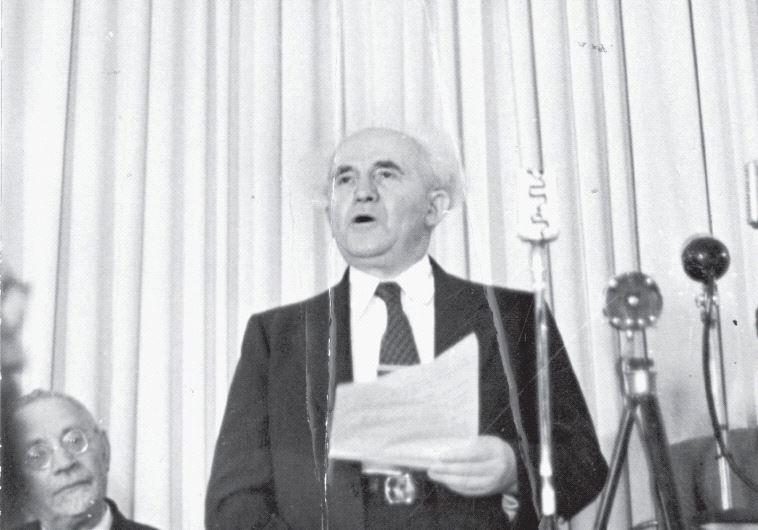A Dose of Nuance: Getting to ‘why’
Strangely, in the midst of all the Israel-teaching that we do, we hardly ever discuss why – and whether – the State of Israel really matters.
 DA VID BEN-GURION declaraes Israel’s independence in Tel Aviv in 1948(photo credit: FRED CSASZNIK)
DA VID BEN-GURION declaraes Israel’s independence in Tel Aviv in 1948(photo credit: FRED CSASZNIK)